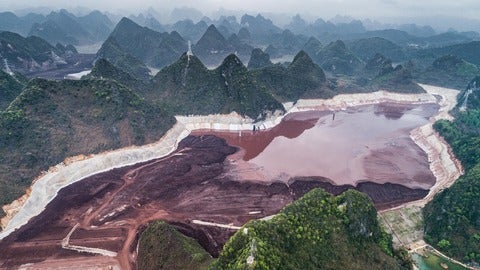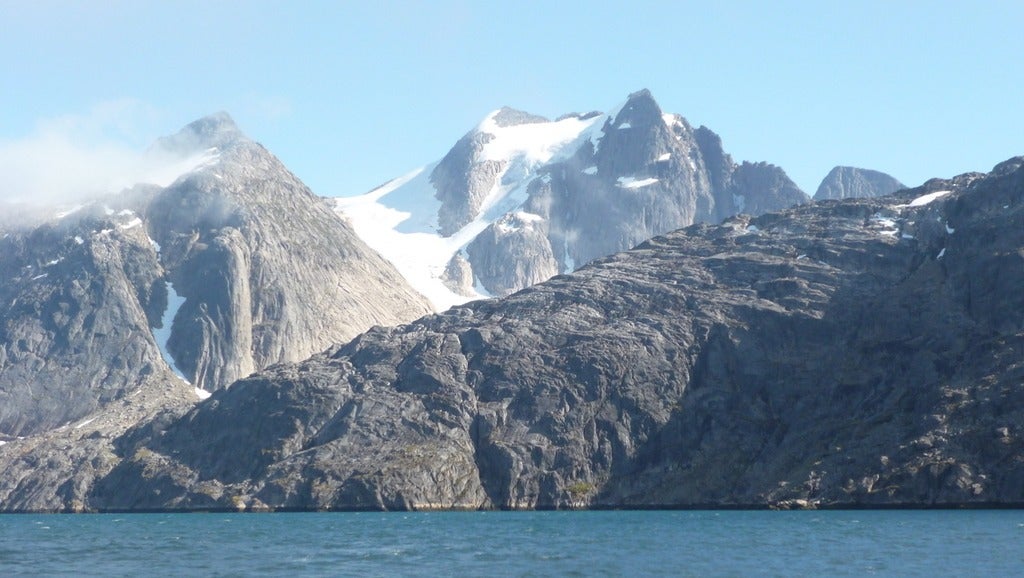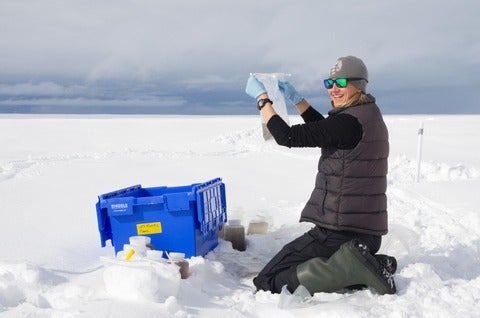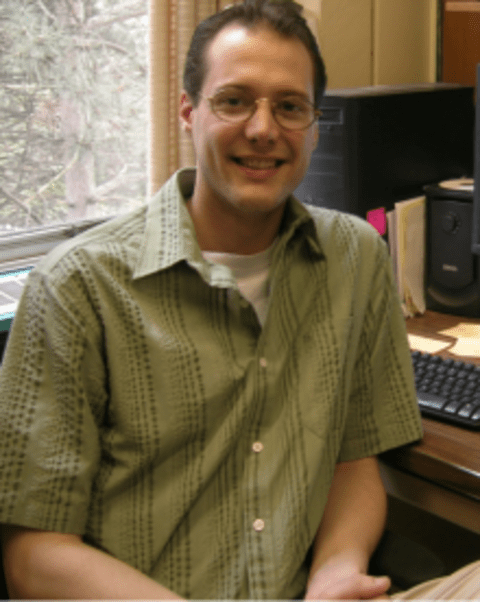Research aims to prevent deadly environmental disasters involving mine waste
New research will help mining companies better understand the negative societal and environmental impacts of mine-waste disasters, known as tailings flows, and hopefully avoid them.
Researchers created a database as part of a study that presents the first global picture of the occurrence rates, behaviours and physical impacts of tailings flows, which are rapid downstream movements of mine waste following failures of tailings impoundments.



 Last Friday, Professor Jenine McCutcheon from Earth and Environmental Sciences was featured on
Last Friday, Professor Jenine McCutcheon from Earth and Environmental Sciences was featured on 

